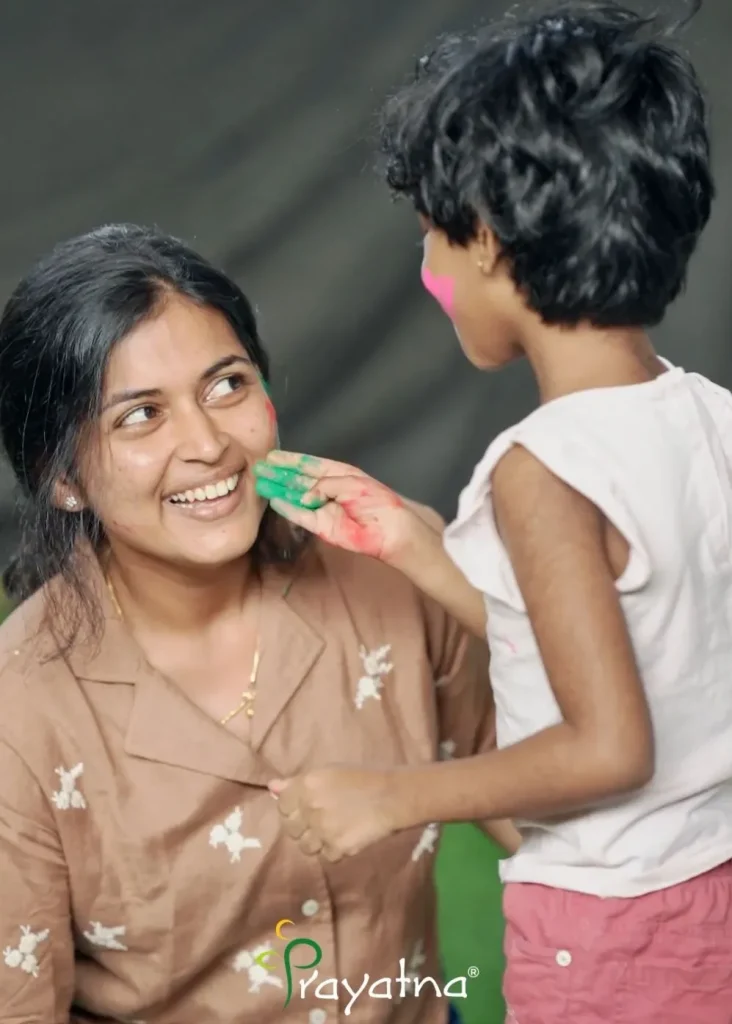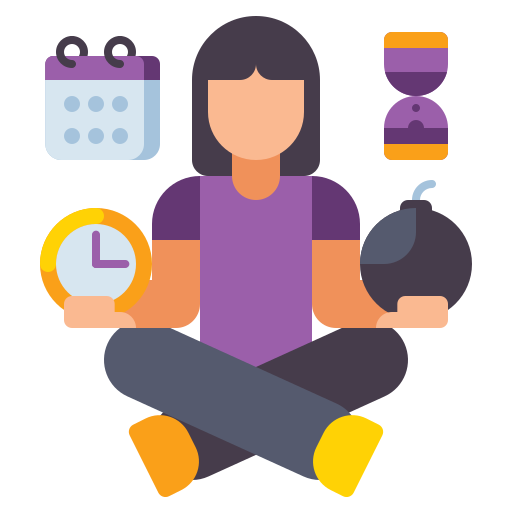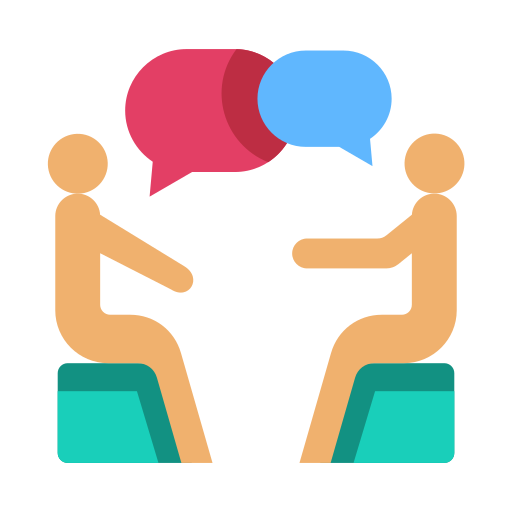
Written By
Dr Lisha P Balan
Clinical Psychologist
Emotions are like colourful fireworks in our minds and bodies. They can be short sparks or long-lasting displays. Emotions can be gentle or intense. Sometimes they’re private, just for us, and other times they burst out in public. Emotions can either hurt others (like when we get angry and say mean things) or help them (like sharing our joy and making others happy).

Positive and Negative Emotions
Imagine emotions as a bag of colourful marbles. Some marbles are bright and cheerful (like happiness), while others are darker (like sadness, anger, or fear). We also have surprise marbles and even disgust marbles (think of something yucky!). These marbles mix and match to create our emotional experiences. Imagine a seesaw. We often work hard to keep the negative emotions (like anger or fear) from weighing us down too much. But positive emotions (like joy or surprise) don’t need as much balancing—they’re like little boosts that lift us up!
Expressing Emotions
We don’t just talk about emotions; we show them too! Imagine you’re holding a big sign with your feelings written on it. Sometimes you smile, hug tightly, or high-five to express joy. Other times, you might frown, cry, or even give someone a stern look when you’re upset.
Emotional regulation
Emotional regulation plays a crucial role in our lives. It involves the processes we use to manage and respond to our emotional experiences in appropriate and adaptive ways. Picture yourself as a superhero with an emotion control panel. You can adjust the volume of your feelings. When you’re angry, you might turn it down so you don’t explode. Or when you’re happy, you crank it up to share the joy. Sometimes you do this on purpose (like taking deep breaths to calm down), and other times it happens automatically. Here’s why it matters:
- Influence on Behaviour: Our emotions are closely connected to how we think and feel. When we regulate our emotions effectively, we can make thoughtful choices instead of acting impulsively and it helps us to avoid regrettable actions.
- Improved Well-Being: Effective emotion regulation assists to improve one’s wellbeing, makes people resilient and makes better interpersonal relationships
- Better Decision-Making: By moderating our emotional responses, we can manage relationships, problem-solve, and maintain better control over our mental health.
Factors Influencing Regulation
Your emotional superhero powers depend on various factors:
Different Strategies are used to regulate our emotions
We redirect our attention from the thoughts/situations in order to balance our emotions. Imagine you’re in a busy room with lots of things happening. These strategies we use are like adjusting your mental spotlight. You can point it at different things to change how you feel:
We redirect our attention from the thoughts/situations in order to balance our emotions. Imagine you’re in a busy room with lots of things happening. These strategies we use are like adjusting your mental spotlight. You can point it at different things to change how you feel:
- Distraction: When you’re angry or upset, shift your focus. Count to ten, think of fluffy kittens, or hum your favourite song. It’s like changing the channel in your mind.
- Selective Attention: When you are upset, think of your mind as a camera and zoom in on the positive parts. Ignore the negative stuff. It’s like capturing a beautiful sunset while ignoring the potholes on the road.
Sometimes we choose or avoid situations on order to calm ourselves. Imagine life as a menu. You get to pick what you order. Some situations serve up joy, while others dish out stress. You can choose wisely:
- Avoidance: Picture a situation that makes you feel bad. Now imagine stepping away from it. Maybe you avoid rush-hour traffic by taking a longer route home. Less frustration, right? Skip the crowded mall during holiday sales. Less stress, more peace.
- Choose Joy: Hang out with friends, watch a funny movie, or play with puppies. These situations sprinkle happiness on your emotional pizza.
Sometimes we try to change experience of emotions by engaging in self-soothing activities
- Taking Time-outs: Take brakes and do things that you enjoy most like watch your favourite movie, go for shopping and purchase something for you, treat yourself with the things you like.
- Work-outs/Exercise: Sometimes engaging in tiresome workouts/ going for a brisk walk make you feel relaxing.
- Relaxation: Listening to relaxation tape and do meditation helps us to balance our mood.

When we are overwhelmed with emotions we try to modify the situation. Change the scene to alter your emotions:
- Add Humour: Inject humour like a sprinkle of magic dust. Laughter lightens the mood.
- Create Comfort: If you’re scared of needles, think of a cozy memory. It’s like wrapping yourself in a warm emotional blanket.
Changing our thoughts about the situation sometimes lighten the mood. Imagine your mind as a garden. Weed out negative thoughts, water the positive ones:
- Positive Reframing: Instead of “I failed,” think “I learned.” It turns sadness into growth.
- Self-Compassion: Treat yourself kindly. Imagine you’re talking to a friend. Would you say, “It’s okay, everyone makes mistakes”?

Emotional Regulation Strategies
Imagine you have a toolbox for handling feelings. Some tools help, while others make things worse. Let’s peek inside:
Few Healthy Tools
Mindfulness: It’s like taking a deep breath for your mind. Helps you stay calm.
Talking through emotions: Imagine sharing your feelings over coffee. It’s like unloading a heavy backpack.
Developing Emotional Intelligence: Picture it as your emotional GPS. Helps you navigate life’s twists and turns.
Maintaining a journal: Write and Make stories of your emotional experiences.
Few Unhealthy Tools
Ruminating: Imagine replaying a sad movie scene over and over. It deepens the sadness.
Worrying: Think of it as a broken record playing “What if?” It fuels anxiety.
Suppressing Emotions: Imagine holding a beach ball underwater. It pops up unexpectedly.
Substance Abuse: Picture using alcohol or drugs to numb pain. It’s like a leaky umbrella in a storm.
Consequences
Using unhealthy tools, shutting down or avoiding emotions can lead to emotional storms—like depression or anxiety. It’s like sailing a fragile boat in rough seas.
Seeking Help
Imagine you’re lost in a forest. You’d ask a guide for directions, right?
Mental health professionals (like psychiatrists or psychologists) are those guides. They help you understand your emotional tools and teach you better ones. Remember, emotional regulation isn’t about eliminating emotions; it’s about moderating their intensity and duration to enhance our overall well-being and interactions with others.








